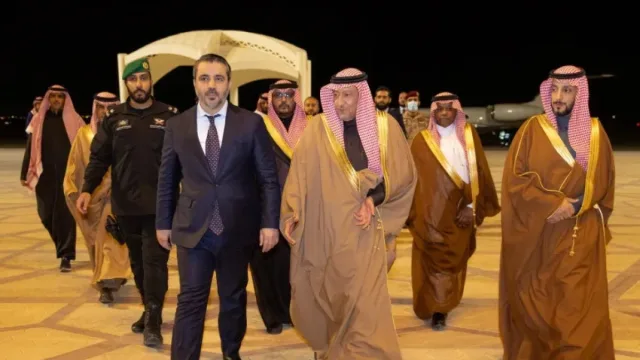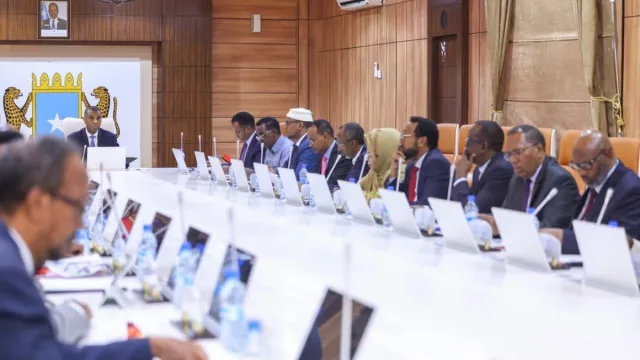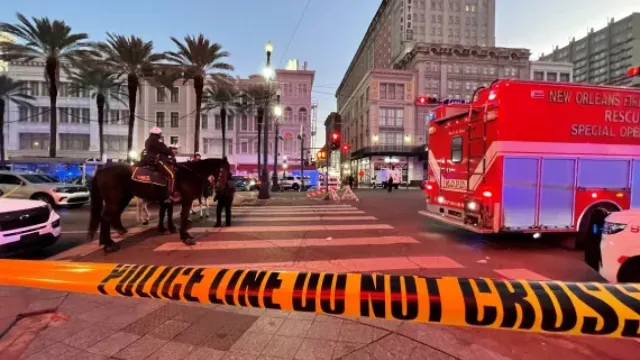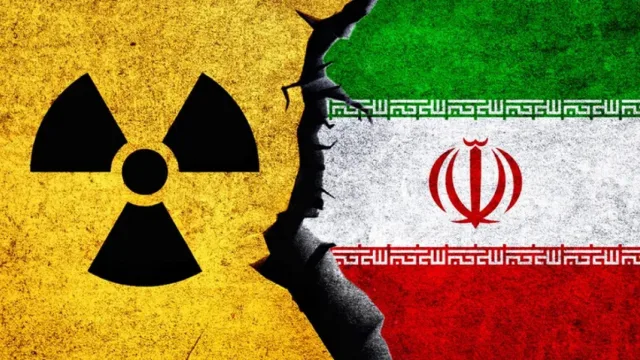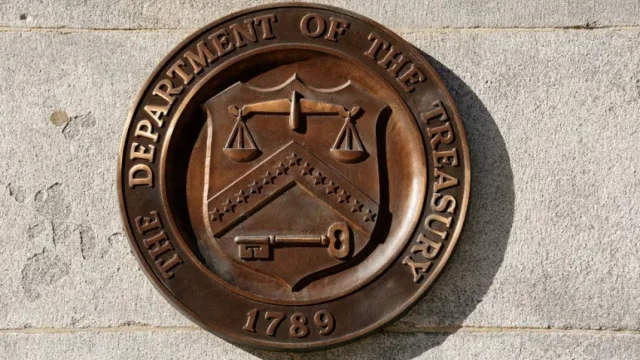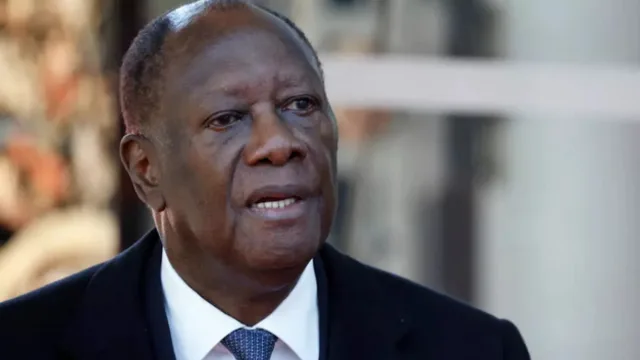By Andrew Quinn The United States is increasing ties with two semi-autonomous regions in Somalia, hoping…
By Andrew Quinn
The United States is increasing ties with two semi-autonomous regions in Somalia, hoping to build stability for the embattled central government and African Union forces deployed in the virtually lawless nation, a top U.S. diplomat said on Friday.
Assistant Secretary of State Johnnie Carson said U.S. officials were developing ties with authorities in both Puntland and Somaliland, both of which declared themselves independent in the early 1990s when the Horn of Africa nation descended into civil war and anarchy.
Carson said the United States did not plan to recognize either government as an independent state. But he said increased U.S. cooperation, particularly on aid and development, could head off inroads by Islamist Al Shabaab insurgents, who stepped up their fight to topple Somalia’s Western-backed central administration last month.
“Both of these parts of Somalia have been zones of relative political and civil stability and we think they in fact will be a bulwark of extremism and radicalism that might emerge from the south,” Carson told a news briefing.
Carson said the United States would also reach out to groups in south central Somalia, including local governments and family clans, that are opposed to Al Shabaab but not aligned formally or directly with the government in Mogadishu.
Carson stressed he United States would continue to recognize only a single Somali state and would work to strengthen the transitional government of President Sheikh Sharif Ahmed, which has lost control of much of Mogadishu and much of southern and central Somalia to the Al Shabaab rebels.
“We do not contemplate and we are not about to recognize either of these entities or areas as independent states,” Carson said.
But he added that both regions could expect more concrete U.S. help with education, agriculture and water projects.
“In the past we have not engaged these areas and political entities aggressively. We will now start to do so,” Carson said.
FUNDING MORE PEACEKEEPERS
The United Nations this week convened a “mini-summit” on Somalia on the sidelines of the U.N. General Assembly meeting in New York, hoping to drum up fresh support for expanding the peacekeeping operation in the country.
Al Shabaab, which has links to al Qaeda, is increasingly seen as a regional threat and have used suicide bombers to devastating effect over the past two years, killing five government ministers and dozens of African Union peacekeeping troops. The group was also behind attacks in Uganda in July that killed at least 79 people.
There have been repeated calls to strengthen the African Union force, known as AMISOM, made up of about 7,200 troops from Burundi and Uganda.
Uganda has said it is ready to contribute more troops, but that it will need help to fund them. Carson said the United States was actively pressing both Asian and Arab nations to help with cash and military equipment.
“We believe that the problem in Somalia is both a regional and a global problem and in fact should be shared globally,” Carson told a news briefing, arguing that increased piracy off Somalia’s coast is a direct threat to both oil shipping and other trade between Europe and Asia.
Carson said he had spoken to Japan about increasing its support, but believed countries such as Egypt and Saudi Arabia also had a direct stake in stabilizing Somalia.
Source: Reuters
